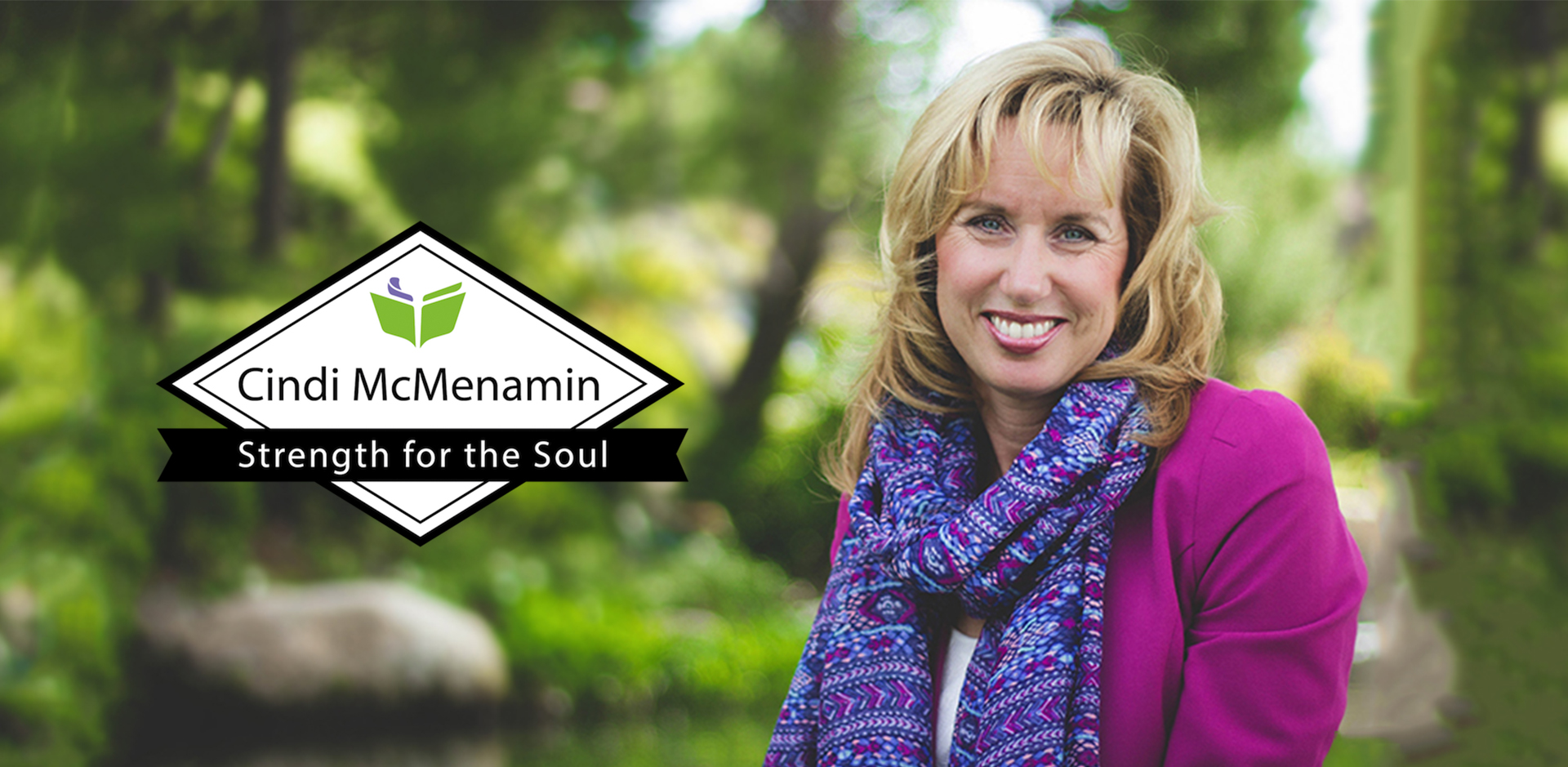Do you ever wonder if you and your family members are susceptible to certain sins because they seem to repeat themselves in your family history?
Jeanette wrote me and said: My husband verbally abused his oldest daughter. His father abused his older daughter as well. My ex husband and my former father in law are Christians and both became Christians while very young, so they abused even as Christians. Our daughter became a Christian while very young, but at 16, walked away from Christ. Is this (verbal abuse) hereditary? Is our son going to do this to his oldest daughter?”
Jeanette’s question is a valid one. A history of sinful behavior can certainly look like it’s hereditary or ingrained in us because of the patterns we see while growing up. And it can cause us to be fearful for our future, or that of our children’s. But, let me say it for the record (and then I’ll explain): Sin for an unbeliever is natural. Sin for a follower of Christ is a choice.
Sin, itself, is hereditary. “For all have sinned and fall short of the glory of God,” (Romans 3:23). That means, whether we claim to follow Christ or not, we are susceptible to sin and succumbing to living according to the desires of the flesh. However, one who is following Christ has the power within himself or herself (through the indwelling Holy Spirit) to not continue to sin and to break the cycle of dysfunction he or she saw or experienced while growing up and start a new legacy.The key? Walking daily in the power of Christ’s Holy Spirit.
I’m sure you have heard Christians quote a portion of Exodus 20:5, taken out of context, which says:
“I, the Lord your God, am a jealous God, punishing the children for the sins of the fathers to the third and fourth generation of those who hate me.”
Some people take this to mean that certain curses or sins can be inherited from parent to child. However, Deuteronomy 24:16 clearly states that God punishes people for their own sins, not the sins of others. (Ezekiel 18:2-20 further confirms this.) So the phrase “punishing the children for the sin of the fathers” in Exodus 20:5 cannot possibly refer to the idea of generational curses — that God’s punishment against one person will also be poured out upon the descendants of that person. That passage, instead, is referring not to children who have inherited sin from their parents, but rather to children who have chosen to follow in the footsteps of their parents.
The effects of sin and disobedience are powerful and can affect future generations. But later in that same verse we read that God shows “love to a thousand generations of those who love me and keep my commandments.” In other words, the effects of obedience are even more powerful than the effects of disobedience.
Furthermore, God’s Word tell us “If anyone is in Christ, he is a new creation; the old has gone, the new has come” (Second Corinthians 5:17). That means the Holy Spirit working in you is more powerful than any past “generational sin” or deeply-ingrained habit or supposed genetic tendencies. So, Christ’s nature in you is more deeply implanted in your being than the human nature of your earthly father or mother. That is a reason to rejoice! And it is reason to pray for our husbands and children that they will walk in their new nature in Christ, not repeat the patterns of sin they saw while growing up.
You and your children have the power — through Christ — to start a new legacy!
Next week I will answer the second part of this question: “How can someone be a Christian and continue to abuse others?” Leave me your question or comments below or email me at Cindi@StrengthForTheSoul.com. I look forward to hearing from you.





Thank you, Cindi. I have been struggling with this as my father-in-law was unfaithful to his wife and my husband has been unfaithful to me. I do not want this to pass on to my son–or for my daughter to feel that it is ok (my mother-in-law did not hold her husband accountable; however, I have held my (soon to be ex) husband accountable. Sadly he chose to continue his destructive pattern rather than be married. But I have hope in your statement that “the effects of obedience are even more powerful than the effects of disobedience.”
I’m glad you are encouraged by that, Shelly. Because of Christ, we can live in peace and hope for a new legacy, rather than living in fear.